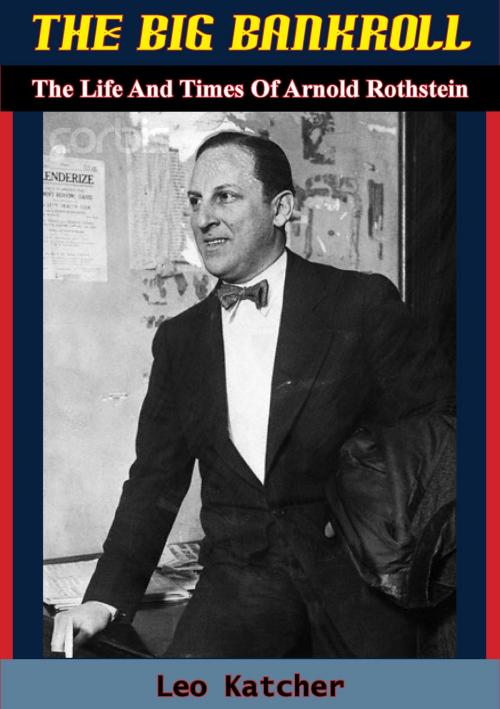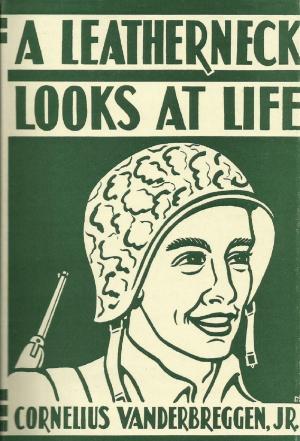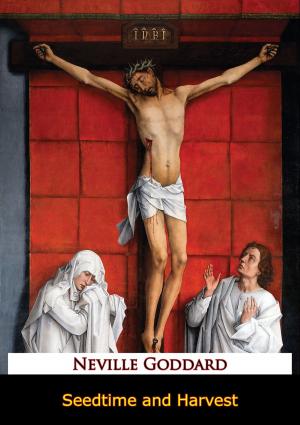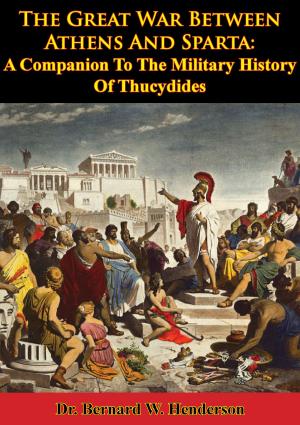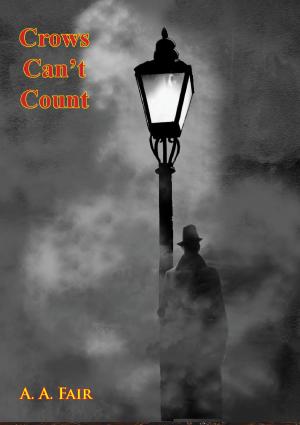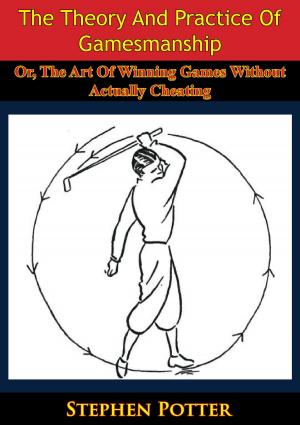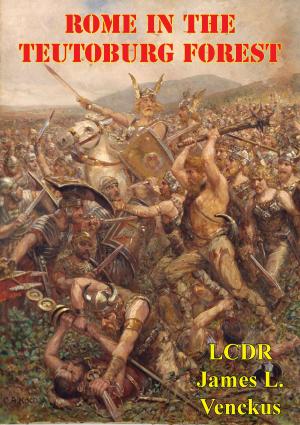The Big Bankroll
The Life And Times Of Arnold Rothstein
Nonfiction, Social & Cultural Studies, Social Science, Crimes & Criminals, Murder, True Crime| Author: | Leo Katcher | ISBN: | 9781786258281 |
| Publisher: | Hauraki Publishing | Publication: | January 27, 2016 |
| Imprint: | Hauraki Publishing | Language: | English |
| Author: | Leo Katcher |
| ISBN: | 9781786258281 |
| Publisher: | Hauraki Publishing |
| Publication: | January 27, 2016 |
| Imprint: | Hauraki Publishing |
| Language: | English |
Arnold Rothstein (1882-1928) was described in the newspapers of the 1920s as “a sportsman.” “a gambler.” “the man who fixed the 1919 World Series.” But he was much more than that. A bootlegger and labor racketeer, he corrupted politicians, promoted crooked stock sales, and imported narcotics. And, perhaps most importantly, he transformed organized crime from a thuggish activity practiced by hoodlums into a big business. run like a corporation, with himself at the top.
For twenty years, the name of Arnold Rothstein symbolized money—big-time money, gambling money, racket money, illegal money, millions upon millions of dollars. His share was ninety percent of any deal; he was never indicted for a single crime: he always won at cards and horses. And, despite his involvement in dozens of murders and hundreds of other crimes, his luck never ran out. At least not until 1928, the year in which he was fatally shot. The perpetrators—and Rothstein's millions—were never found.
The Big Bankroll is the definitive biography of the man known simply as Mr. Big. In it, Leo Katcher reveals not only the sordid details of the life of America's most powerful gambler, but illuminates the whole era in which crime became king.
Leo Katcher was a reporter for the New York Post during Rothstein’s reign, and spent ten years researching this book, interviewing Lucky Luciano. Carolyn Behar (Rothstein's widow), and dozens of others.-Print ed.
“This well-written book—part biography, part social history—is as fascinating as a dozen works of fiction, and a good deal more frightening.”—Spectator
“Leo Katcher, who was a newspaperman in the days when Rothstein ruled, has brought not only the man but his times back to life. This is a vivid, fascinating book....Katcher does not glamorize Rothstein: he dissects him skillfully and explains him and his corrupt associates and the conditions which made it possible for such men to become wealthy and powerful....Katcher has done a superb job.”—Quentin Reynolds. Saturday Review
Arnold Rothstein (1882-1928) was described in the newspapers of the 1920s as “a sportsman.” “a gambler.” “the man who fixed the 1919 World Series.” But he was much more than that. A bootlegger and labor racketeer, he corrupted politicians, promoted crooked stock sales, and imported narcotics. And, perhaps most importantly, he transformed organized crime from a thuggish activity practiced by hoodlums into a big business. run like a corporation, with himself at the top.
For twenty years, the name of Arnold Rothstein symbolized money—big-time money, gambling money, racket money, illegal money, millions upon millions of dollars. His share was ninety percent of any deal; he was never indicted for a single crime: he always won at cards and horses. And, despite his involvement in dozens of murders and hundreds of other crimes, his luck never ran out. At least not until 1928, the year in which he was fatally shot. The perpetrators—and Rothstein's millions—were never found.
The Big Bankroll is the definitive biography of the man known simply as Mr. Big. In it, Leo Katcher reveals not only the sordid details of the life of America's most powerful gambler, but illuminates the whole era in which crime became king.
Leo Katcher was a reporter for the New York Post during Rothstein’s reign, and spent ten years researching this book, interviewing Lucky Luciano. Carolyn Behar (Rothstein's widow), and dozens of others.-Print ed.
“This well-written book—part biography, part social history—is as fascinating as a dozen works of fiction, and a good deal more frightening.”—Spectator
“Leo Katcher, who was a newspaperman in the days when Rothstein ruled, has brought not only the man but his times back to life. This is a vivid, fascinating book....Katcher does not glamorize Rothstein: he dissects him skillfully and explains him and his corrupt associates and the conditions which made it possible for such men to become wealthy and powerful....Katcher has done a superb job.”—Quentin Reynolds. Saturday Review
